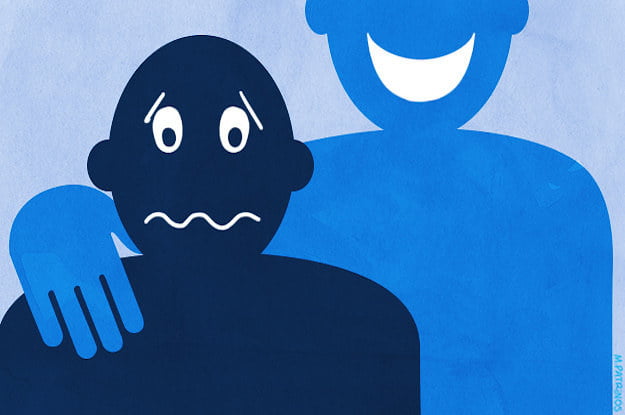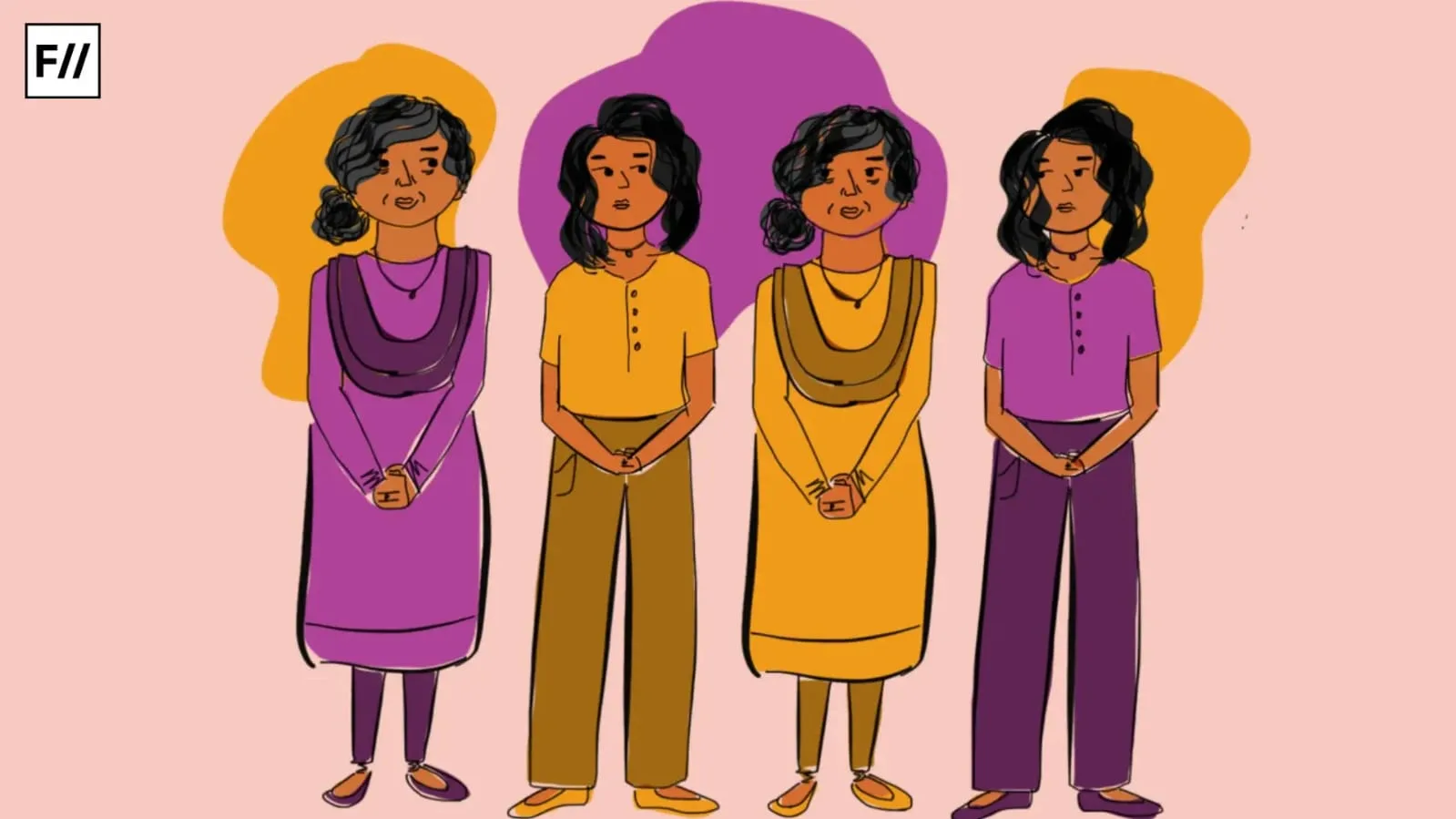What response could one expect to a mental ailment? A pity party, a cringe, a judgmental facial expression, a genuine support, a string of suggestions, or a plain denial of its existence? While living with someone who has the Obsessive Compulsive Disorder or OCD, I found myself guilty of denial. It was with time that I learnt how problematic things were.
Life Around OCD
I would not say that life with G has been easy in the last two decades. I practically grew up under her watch and saw her grapple with that urge to repeat. When I was a toddler, I started observing the little behavioral patterns and rituals which she used to follow. I remember her opening the cupboard using her elbow instead of forcing her fingers down the handle. Later, she would wash her hands a thousand times.
For me, this became a huge part of how I saw her. It was indeed challenging to imagine her without OCD, a few years back. However, my perception underwent a dramatic change when I took up psychology in my senior secondary year and was informed about the significance of mental health.

Even now, I can only imagine the hardships which she must be facing. When I talked to her for the first time about this, she shared a bit of what goes on inside her head. Anxiety attacks, getting stuck with one line of thought, and that sudden impulse of washing hands followed by constant unexplained guilt, were only few of the challenges.
It was indeed challenging to imagine her without OCD. However, my perception underwent a dramatic change when I took up psychology in my senior secondary year and was informed about the significance of mental health.
Unfortunately, for someone who used to dress up a lot, her own clothes have been a major trigger for her. G is now over protective of her clothes. If anyone touches her clothes, that entire set goes down the dumpster. At the end, she is left with one or two dresses, which she keeps on repeating.
This cycle has been on for two decades now. I hardly remember her having a full wardrobe. In fact, while living with her, even I have to follow some norms. I cannot touch anything or sit anywhere at home, without ensuring that she is okay with that. Sometimes, when I accidentally do so, I am supposed to wash hands pronto.
Earlier, as a child, this used to make me angry, but sometime later I just started to feel helpless and sad. Albeit I have my moments of weakness, I have accepted that it is not about me or how I feel, it has never been.
Also read: 6 Ways You Can Prioritise Mental Health For Your Employees
Emotional Support Always Works
While living with someone who has Obsessive Compulsive Disorder, there is a lot you can do to help by just providing emotional support and listening to them. Here are some other supportive measures:

Anti Guilt Trip Behavior
There are times when you lose your patience and swiftly jump to the conclusion. We might assume that it must be easy to curb the obsessions and the behavior associated with it. Thereafter, you also start believing that the OCD patient is not making his or her efforts, and that there is a sense of deliberation in the behavior.
However natural the aforesaid response may be, this does not only affect your equilibrium, but also traumatizes the patient with guilt. In fact, here, it is of utmost significance to keep reminding yourself that someone with OCD is working to the best of their abilities to avoid the compulsive behavior.
Earlier, as a child, this used to make me angry, but sometime later I just started to feel helpless and sad. Albeit I have my moments of weakness, I have accepted that it is not about me or how I feel, it has never been.
Don’t Tell them to Stop
This may come as a surprise, but it is something I have experienced myself. The more you stop, the worse it gets. The person is already fighting a battle while repeatedly washing hands or performing any other compulsive activity. Telling him or her to stop only heightens the pressure. While it is not wise to subliminally encourage compulsive behavior, there is always room for some cooperation.
Keep the Trigger Objects Away
Surrounding the patient and yourself with the trigger objects is not plausible as it may lead to anxiety attacks. However, it can also not be denied that this depends a lot on the kind of object, its value and significance. In such situations, you can just discuss, help in making a workable plan and do your best.
Create a Diversion
Having a vacation once in a while works wonders, especially to treat any mental health ailment. For the patient, it is medicinal to get occupied with the activities they love doing. In fact, as a supporter and cohabitant, you can play a pivotal role in making this happen. Not only will it keep you and the patient healthy, but it will also make the entire journey easy.
Also read: I Am Not Overthinking, Mother. I Am Depressed.
End Line
OCD is not something which is clearly visible and out there, it is hidden beneath the behavioral patterns. Noticing, communicating, and providing a supportive presence are the three integral steps any supporter could take
Featured Image Source: Harvard Medical School




